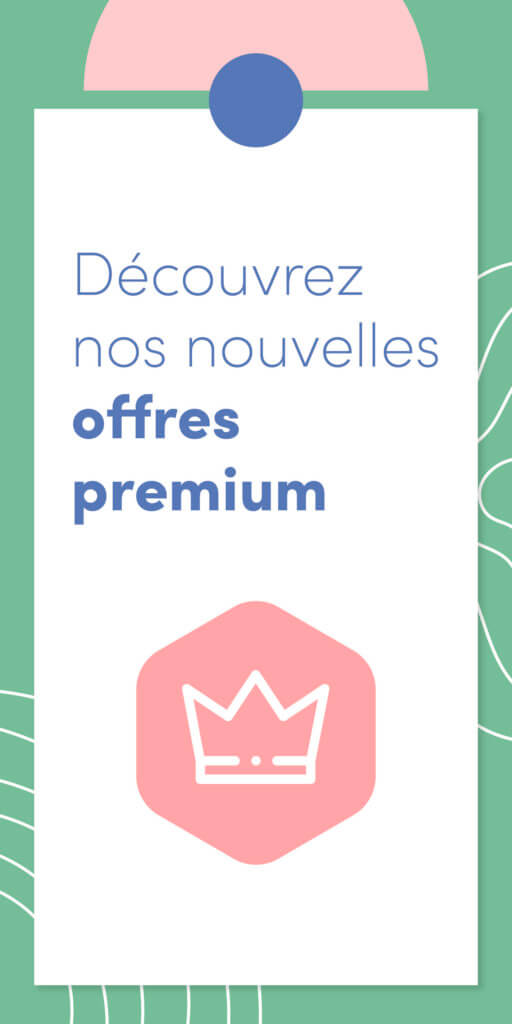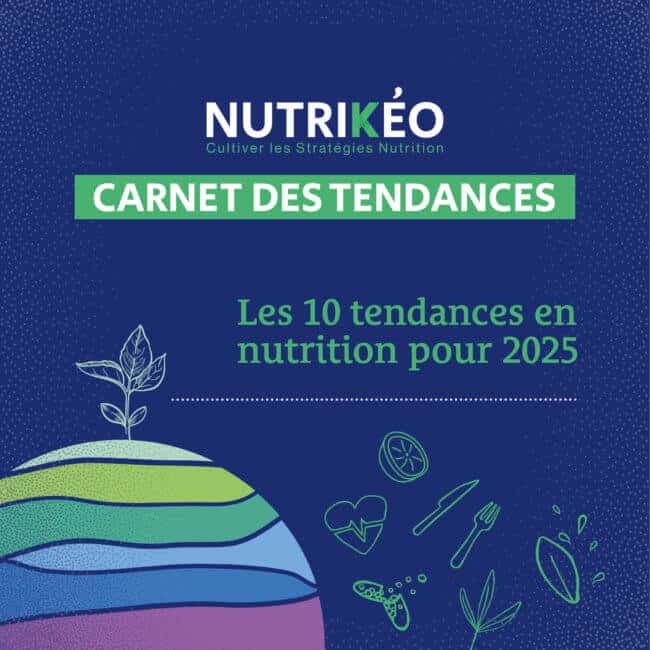Faced with losses in market share of the famous but increasingly outdated colas, leaders in the soda industry are implementing diversification strategies. Within non-alcoholic soft drinks (NABS), the categorisation and concept of soft drinks survive by responding to current consumption trends.
What strategy for manufacturers to adopt when faced with the depreciation of sodas?
In the soda family, colas represent nearly 50% of the turnover in 2018. However, they have been declining in volume and value for more than 4 years. Coca-Cola and PepsiCo, with names associated with both the iconic drinks and the group itself, have revealed through their respective product launches and takeovers the need to reduce their dependence on colas and therefore sodas.
Cocas Light and Zero and Pepsi Max did not wait for the new version of the soda tax introduced in July 2018 to offer drinks with less than 5 g of sugars per 100 mL. However, colas have suffered from controversies over aspartame and acesulfame-K. Although these ingredients are now taxed, they are still on the list of ingredients and cola manufacturers do not seem to be able to get rid of them.
The diversification strategies of major beverage groups highlight this difficulty and leave more room for their « non-carbonated counterparts »: tea-based beverages. As the green tea leaf is a naturally effective visual, these drinks reinforce the association of naturalness with their image by bringing themselves up to date in terms of sugar content, sweetener and labels.
What’s new in (non-carbonated) drinks?
Identified in SIAL 2018, the 2019 « healthy gourmet » consumer’s demand for naturalness, pleasure and health may also be found in the form of… hybrids. Does a mixture of sparkling water and fruit flavours or juices allow sodas to survive by definition? Nestlé, Orangina Suntory and Badoit launched three of these low-calorie specimens in 2018: Perrier & Juice, Pulco Fines Bulles and Badoit Bulles de Fruits respectively. These soft drinks are among the top 3 innovations for 2018 according to Nielsen.
Unusual combinations are not only found in soft drinks. On the test bench and in 8th place in the 2018 innovations, Joker (Eckes-Granini Group) Pur Juice Coconut Water challenges the usual sugar content of this type of drink. Thanks to coconut water, the bottles have the Nutri-Score mark B. They could give a boost to fruit juices whose consumption has been discussed, because of their high sugar content, during the implementation of the new nutritional recommendations.
Towards new beverage consumption?
According to SIAL’s study on tomorrow’s food issues (2030), we will choose drinks other than for pleasure. Beverages will be fortified or functional foods that allow sleep (addition of melatonin), relaxation (valerian or cannabis/CBD where permitted) or concentration.
Kefir, a fermented drink traditionally consumed in the Caucasus, can be made from milk or fruit. Rewarded several times at SIAL 2018, this drink naturally containing probiotics (and naturally carbonated!) had already made eye contact with PepsiCo, which bought KeVita in 2016. Are fermented drinks sodas 3.0?
On the environmental front, manufacturers such as Coca-Cola and PepsiCo also intend to add value with various commitments:
– Rainforest Alliance label and sustainable development;
– Objective to make all plastic bottles fully recyclable or even compostable.
As with the acquisition of Sodastream by PepsiCo, will the consumption of beverages and soda depend more on its environmental significance? Will local production or Made in France be part of the next values associated with soft drinks? How far will manufacturers go in customizing their soda products?












